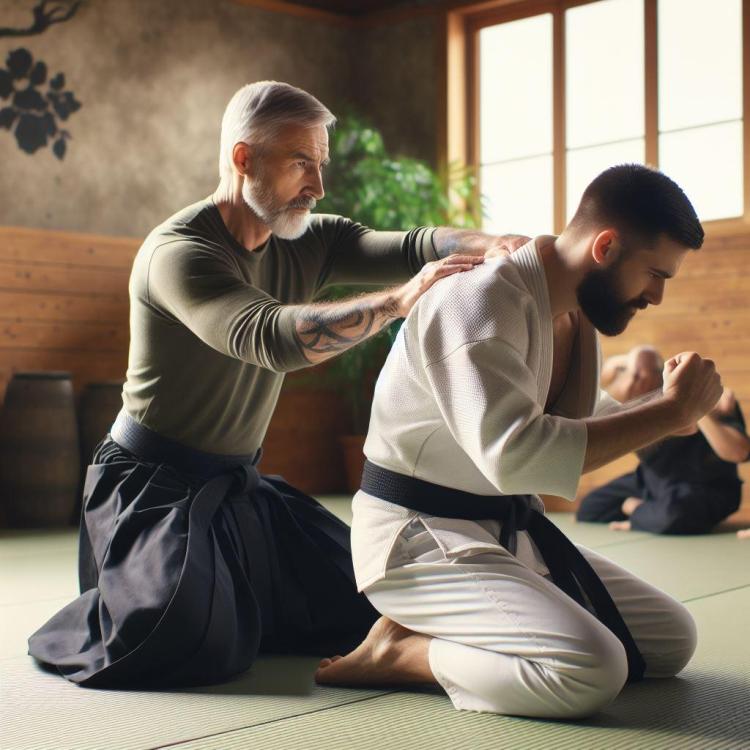…a journey of a thousand miles begins with a single step
This is a common saying that originated from a famous Chinese proverb; the quotation is from Chapter 64 of the Tao Te Ching ascribed to Laozi.
Assuming that you have taken the first step and decided to train in the martial arts I suggest that there are a few other steps that you might consider before starting to train.
Step two: Are you looking for a martial art or some kind of martial sport? A true martial art will focus on defending yourself, and / or others, against one or more aggressors rather than focusing on competition.
Step three: Which martial art?? A lot of people get hung up on which is the best martial art or the best style. I could write a book about this but the simple answer is that it’s all down to the instructor. It is said that there is no such thing as a bad martial art just poor instruction…
Step four: Do some research. Don’t be afraid to use friends and family for this and, of course, check stuff out online…try and read through website gloss and fluff, for example, how many martial arts the instructor(s) may have black belts in, or, how many black belts the instructors may have. Create a short list of dojo that pique your interest.
Step five: Visit the dojo! This is by far the most important step, it is important that you feel comfortable with the instructor and dojo…so, pop in and check them out. Don’t be shy or intimidated, have a chat with the instructor and be sure to ask any questions that you might have. Also, don’t be pressured into making an immediate decision or tempted by cheap starter packages.
Step six: Reflect on what you’ve seen. Don’t be afraid to ask more questions or even change your mind about what you want, you could even revisit one or more dojo. Next, try and make a decision…
Step seven: Trial arrange a trial session with your selected dojo and go and enjoy!
All being well the above simple steps have helped you find your perfect dojo…if they haven’t, don’t be afraid to rinse and repeat until you do.
There’s a lot of discussion and snobbery around the authenticity of a martial art style, if you’re a martial arts novice I would ignore all of that…it’s more important to find an instructor / dojo that you’re happy to train with.
Happy dojo hunting





